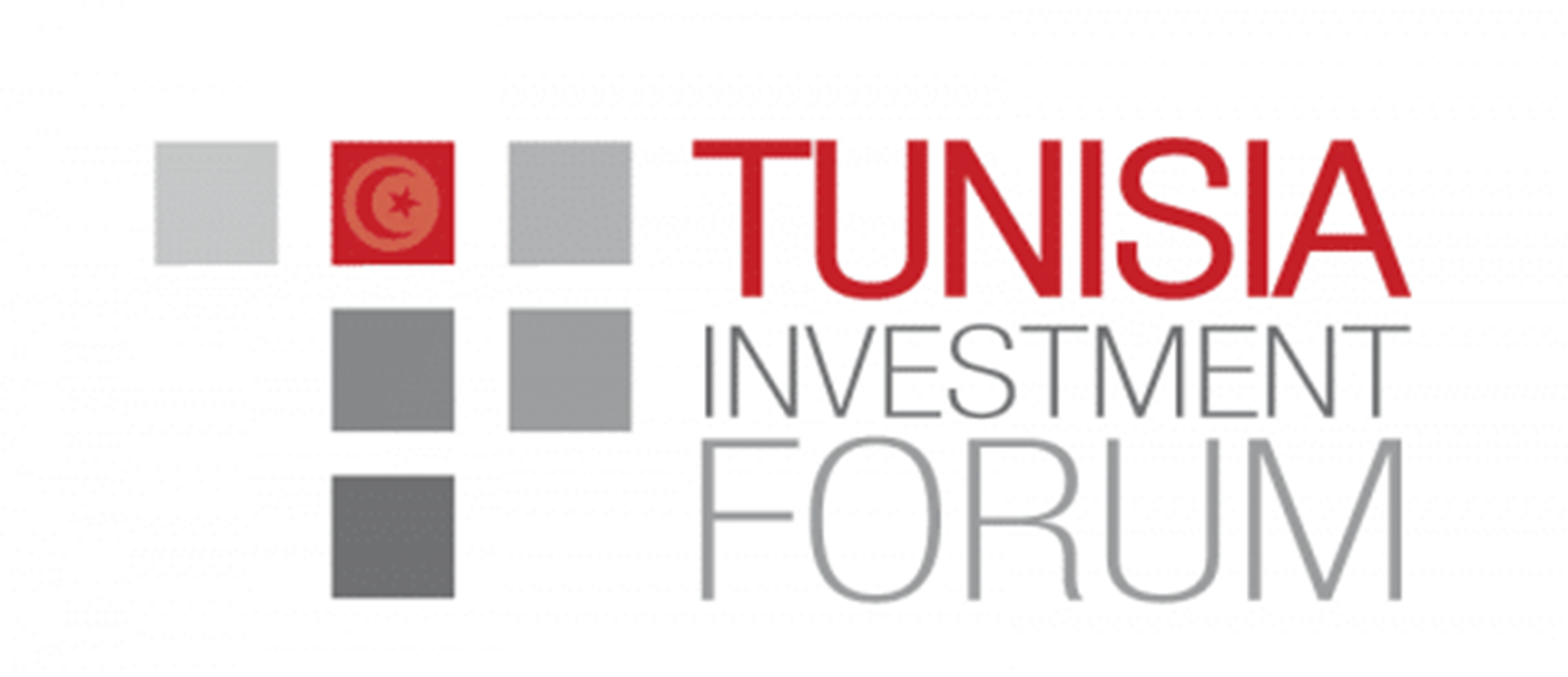Menu



FIPA-Tunisia 2024. All rights and photo credits reserved Numeryx Tunisia
Tunisia, a leader in North Africa, has been known by prestigious rankings on both a global and continental level.
● 1st in North Africa in the Global Innovation Index.
● 1st in the MENA region and in Africa and 23rd worldwide in the Attractiveness Index for startups.
● 1st in North Africa in high-tech exports.
● + 80,000 direct jobs, the sector is recording continuous growth in terms of job creation.
● + 263 national and international companies operating throughout the value chain.
These rankings demonstrate Tunisia’s continued commitment to developing its innovation capabilities, its entrepreneurial environment and its skills, to position itself as a major player on the global stage of the automotive industry.
Electrical and Electronics Industry
The EEI sector comprises 372 companies with a workforce of more than or equal to 10 people. They employ 87,702 people. There are 240 units that are fully export-oriented, accounting for 89% of the sector’s employment, totaling 77,881 individuals.
Companies in the EEI sector are mainly located in Tunis Metropolitan Region.(Tunis, Ben Arous, Ariana, and Manouba), comprising 149 units (40% of the total), and in the North-East (Bizerte, Nabeul, and Zaghouan), with 123 units (33% of the total).
The manufactured products in Tunisia fall under the following three branches: Electrical, Electronics and Household Appliances.
Ramzi GARA
Automotive project manager
Hela MOUELHI
Electrical And Electronic Project Manager

The automotive sector in Tunisia is known for its commitment to research and development, thanks to its rapidly developing infrastructure. Tunisia has established leading technology centers, including the Mechatronics Cluster (CMT) in Sousse, which brings together companies and institutions in key sectors of computer science, mechanics, electrical and electronics (IMEE). These interconnected facilities stimulate innovation and promote collaborative research.
•Immersion in Innovation: The CMT provides an environment conducive to innovation, encouraging companies to focus on key areas for the future of the automotive industry.
•Advanced Technology Platform:Technology centres, such as Technology Resource Centers (TRCs), provide design, prototyping and virtual development services, strengthening the innovation capacity of the automotive industry.
•Expertise in Microelectronics: The Microelectronics and Nanotechnology Research Center (CRMN) offers training and research projects for the high value-added technology industry, with a particular focus on electronics.
•Proximity and responsiveness: Thanks to its proximity to European automotive manufacturers, the tunisian automotive sectors benefit from short delivery times and increased responsiveness to market needs.
Tunisia is rich with skilled talents and offers competitive costs that enhance its attractiveness for the automotive industry. With engineers graduating annually and eight renowned engineering schools, Tunisia is investing in the development of highly qualified human capital.
•Skilled Talent Pool: Tunisia capitalises on its talent pool to meet the requirements of the automotive industry, offering a pool of qualified engineers and professionals.
•Renowned higher education: With approximately 60,000 graduates per year, of which 20% specialise in engineering and ICT fields, Tunisia produces qualified skills ready to tackle the technical challenges of the automotive industry.
•Automotive training centres: They cover all the professions in the sector and offer tailor-made training to meet the needs of companies as closely as possible.
•Competitive costs: Labour costs up to 80% lower than those of EU countries, combined with highly competitive production factor costs, make Tunisia an economically attractive choice.


Tunisia, at the heart of the EUROMED zone and at the crossroads of the eastern and western Mediterranean areas, distinguishes itself with its state-of-the-art infrastructure. Thanks to well-established trade corridors and gateways, Tunisian infrastructure facilitates the mastery of supply chain operations. This efficient connectivity enhances the smooth flow of trade and ensures operational stability.
•Strategic geographical position: It makes Tunisia a major hub for exchanges in the EUROMED region.
•Air Connectivity: With nine international airports, Tunisia offers exceptional connectivity, facilitating direct travel to Europe, Africa, and the Middle East.
•Harbour network: The country’s 7 commercial harbours strengthen its maritime network, promoting international trade and the fluidity of exchanges.
•Language and time zone: The mastery of several languages by Tunisians and the position of the country in the GMT+1 time zone offer seamless connectivity with European partners. This facilitates communication and just in time operations.